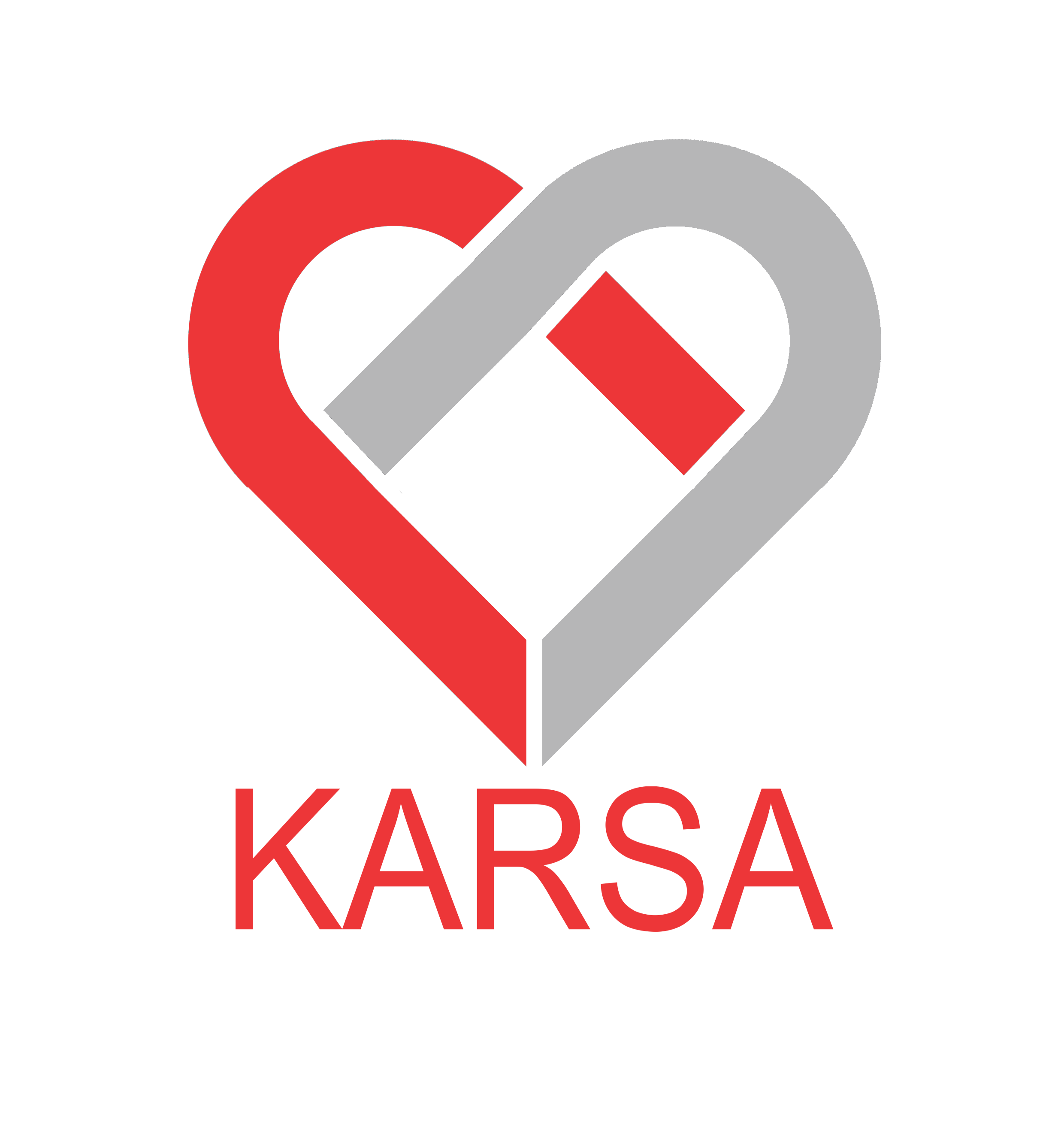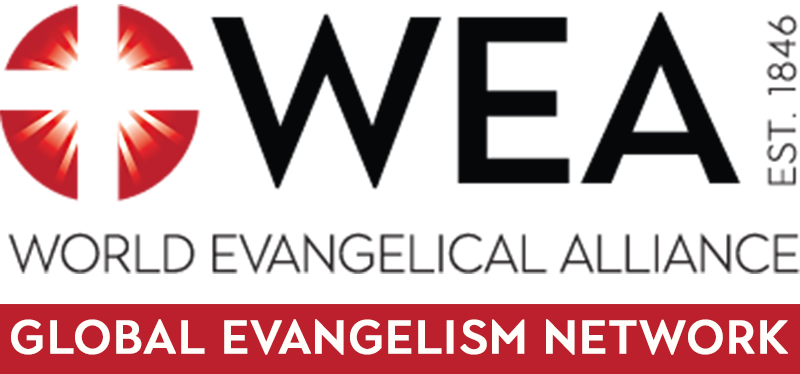The Institution has a commitment to the Christian faith based on belief in God the Father, the Son, and the Holy Spirit. The Institution demonstrates an ethos based on Christian values in the context of Indonesia's diversity.
Standard 1.1 Christian Identity
The Institution must publicly declare Christian ethos and values in their Statutes and Bylaws, vision, mission, and activities.
Standard 1.2 Annual Affirmation
Each year, every member of the Governing Board as well as the executive leaders of the Institution affirms a written Statement of Faith that is based on belief in God the Father, the Son, and the Holy Spirit.
The Institution is governed by an independent, active board that establishes policy and reviews the impact of the Institution’s activities. Leadership is crucial and sets the culture of the entire Institution. The members of the Institution’s Governing Board must be responsible, competent, inclusive and comply with their legal obligations.
Standard 2.1 Board Composition
- The composition of the organs of the Institution is determined in accordance with the applicable laws and regulations as outlined in the Statutes and Bylaws.
- The Governing Board shall routinely ensure that relevant board composition policies are implemented in the governance of the Institution in accordance with the Statutes and Bylaws.
- The Governing Board Members must be independent from one another including the executives (e.g. CEO, Lead Pastors, and other senior leadership).
- Members of the Board of Trustees and the Supervisory Board may not in substance concurrently become executives or employees of the Institution.
- The number of members on the Governing Board must be odd.
- The Governing Board must have a policy addressing the performance and length of service of its Board Members as outlined in the Statutes and Bylaws.
- The Governing Board is composed of members with diverse backgrounds (and at least one member is highly competent in the field of finance).
- The Institution must have a standard and selection process for recruiting appropriately skilled and diverse Governing Board Members.
Standard 2.2 Board Scope of Work
- Each member of the Governing Board, when selected, must go through an induction process and receive a copy of the Institution's governance documents in accordance with the Statutes and Bylaws, other related policies, and ICCSA’s 7 Principles.
- The Governing Board sets policies and determines the strategic direction of the Institution.
- The Institution must hold an Annual Meeting to inform the Governing Board Members of its activities, performance, achievements and impact of the Institution's ministry, and provide space for Governing Board Members to ask questions and provide feedback.
- The Governing Board keeps appropriate written minutes of Annual Meetings.
- The Governing Board ensures that the Institution complies with the Institution's governance documents in accordance with the Statutes and Bylaws.
- The Institution must have a method for reviewing and improving the performance of the Governing Board periodically
- The Governing Board must regularly review the performance of the executives (CEO, Lead Pastors, and other senior leadership) based on established criteria.
- The Governing Board Members act in the best interests of the Institution.
Standard 2.3 Governing Board Development and Engagement
- The Governing Board ensures that its members have received training on Institutional governance.
- The Executive Board ensures that there is a development plan, which outlines how it will continue to review and improve the effectiveness of its governance.
- The Executive Board has an induction process that informs new members of their duties and responsibilities.
- The Governing Board will conduct an evaluation after each meeting, self-evaluate every year.
- The Executive Board ensures staff receive annual performance evaluations.
- The Executive Board ensures that agendas and supporting materials are circulated prior to meetings, and minutes are prepared and filed for each meeting.
- The Governing Board will provide time for learning and development at each Annual Meeting.
- The Governing Board, Executives, and staff prioritize time for spiritual, solitude, social, and strategic activities at the Annual Meeting.
- Executives and staff provide periodic dashboards (Key Performance Indicators - KPIs) for the Governing Board and reports for each committee.
- The Executive has a plan to support Governing Board Members, staff, or volunteers who are involved in ministry work and require emergency assistance
Standard 2.4 Governing Board Meetings
- The Governing Board holds meetings with a full agenda every year, every semester, or quarterly, and the discussion is not limited to one particular issue.
- The quorum for the Governing Board meetings is determined in the organization's Statutes and Bylaws.
- The Governing Board keeps properly written minutes of all Board meetings.
Effective management is critical to achieve the vision, mission, and objectives of the organisation in the form of annual strategic plans and annual plans, including their effective and efficient implementation.
Standard 3.1 Executive Responsibilities
- The Executive contributes to and supports the Governing Board to build mutual respect between the Governing Board.
- The Executive plans and communicates objectives for the ministry in line with the direction of the Governing Board.
- The Executive sets an example, promote ministry values, and provide spiritual leadership.
- The Executive motivates staff toward full engagement, achieve performance effectiveness, and ensure staff development programs are planned and implemented.
- The Executive provides leadership and direction through managers, manage and lead towards ministry outcomes and fulfillment of vision, mission, and are responsible for the work and performance of staff.
- The Executive ensures continuous learning and program outcomes are achieved through regular monitoring and evaluation as part of organizational and individual performance evaluations.
- The Executive upholds full accountability for meeting talent (human resources) and fiscal (budget) goals for their areas of responsibility.
Standard 3.2 Executive Recruitment
- The organization must have a selection process to recruit skilled and diverse Executives in accordance with the Institution's needs.
- The Executive has an understanding of the roles and responsibilities in accordance with the job description given, and are responsible for their implementation.
- Every Executive and key staff when selected or appointed, through an induction process, receives a copy of the organization's governance documents (Statutes and Bylaws, etc.), related key policies, and ICCSA’s 7 Principles.
The Governing Board (especially the Supervisory Board) must carry out appropriate financial oversight of the Institution. The Institution must demonstrate transparency and appropriate financial oversight through independent financial audits (in accordance with applicable laws), determine the compensation of their executive leaders, and handle related party transactions in a manner that demonstrates integrity and propriety
Standard 4.1 Financial Reporting and Audit
- The Institution must ensure there are detailed accounting records, prepare complete and accurate annual and interim financial reports, including statements of financial position, comprehensive statement of activities reports, reports of changes in net assets, cash flow reports, and notes to financial statements. b.
- The Executive Management must submit annual and interim financial reports to the Executive Board for approval and distribution to all Governing Board Members.
- Each year, the Executive Board must review and approve the final financial statements, and together with the Supervisory Board must review any audit reports and/or management letters provided by the auditors.
- Institutions with annual receipts of Rp. 500,000,000 (five hundred million rupiah) or more (only for foundations) must be audited annually by a qualified and independent auditor, including publishing a summary of the audited financial report in a local daily newspaper.
- Institutions with annual receipts of less than Rp. 500,000,000 (five hundred million rupiah) (only for foundations) must be reviewed for compliance with applicable statutory and regulatory standards.
- The Supervisory Board is responsible for selecting and appointing external auditors or activating the organization's internal auditors.
- The appointed Supervisory Board or Governing Board Member must review the audit quality or review at least annually which includes: i.
- internal control and financial policies.
- compliance with applicable laws and regulations.
- management's response to each auditor's recommendation for the previous year (if any).
- annual finance report.
- internal and external auditor audit programs.
- other matters related to reporting and financial audits.
Standard 4.2 Financial Oversight
- The designated Supervisory Board or Governing Board Member must ensure that reports provided contain sufficient detail, in an appropriate format, to enable it to determine the financial health and performance of the Institution.
- The Governing Board approves the annual operational budget, and monitors the actual performance and use of the budget.
- The Governing Board approves total compensation for Executives and other Senior Leadership.
- The Governing Board ensures the availability of effective and efficient management and allocation of the Institution’s resources, including adequate resources for program operations and fundraising.
Standard 4.3 Conflict of Interest Policy
- The Institution has a written conflict of interest policy which ensures that: i.
- All parties with a conflict of interest (direct or indirect) are excluded from the discussion and vote related to approval of the transaction or decision;
- The Institution obtains reliable comparative information regarding the terms of the transaction from appropriate independent sources such as competitive bids, independent appraisals, or independent expert opinions;
- The Governing Board ensures that transactions or decisions are carried out in the best interests of the Institution; and
- The Institution documents the elements described above, as well as the approval of transactions or decisions made.
- The Governing Board Members along with the management must annually declare any real, known or discovered conflicts of interest and respond to them in accordance with applicable standards of the Institution.
- The Institution may not provide loans to staff, volunteers or Governing Board Members unless such loans are documented and approved by the Board of Trustees.
The Institution must be transparent and accountable to its stakeholders.
Standard 5.1 Transparency of Information
- The Institution must provide annual reports to members, donors, staff, volunteers, and members of the public. The report must contain complete details to enable recipients of the annual report to obtain an adequate picture of the activities, performance and achievements of the Institution.
- The Institution must be prepared to provide copies of the most recent audited/reviewed financial reports to authorized stakeholders who submit written requests.
- The Institution must ensure that postal address, email and telephone contact details are always publicly updated.
- The Institution must ensure that there is a mechanism for members, donors, volunteers and other interested parties to receive communications about the activities and progress of the Institution on a regular basis other than at the annual meeting.
Standard 5.2 Ethical Honesty
- The Governing Board must be able to ensure the integrity and propriety of the remuneration package for the highest executives of the Institution and handle related party transactions.
- In relations and communications with all related parties, reporting of facts, descriptions of financial conditions, or narratives about the Institution's activities must be current, complete, and accurate.
- The Institution must honor the statements, promises, or agreements it makes.
The Institution maintains the highest standards of integrity, complies with applicable laws and regulations, and operates in accordance with its governing documents. The Institution must take steps to identify, respond, and monitor the risks they face.
Standard 6.1 Legal Compliance
- The Institution understands and complies with relevant national, provincial and district/city laws and regulations.
- The Institution respects the dignity and privacy of the people it serves. All personal information about service beneficiaries is treated confidentially in accordance with the applicable law.
- The Institution will notify ICCSA when involved in litigation, investigations, or audits by government authorities or other parties, unless advised otherwise by their legal counsel.
Standard 6.2 Risk Management
- The Institution must develop, implement, and monitor a risk management plan that identifies the significant risks faced by the Institution, classifying them according to the severity of impact and likelihood, including documenting appropriate management strategies and insurance programs.
- The Institution's risk management plan must be reviewed at least annually.
- The Institution must take steps to ensure that it fulfills its legal obligations, in particular it must not act in a way that could affect the continuity of the Institution's operations.
Standard 6.3 Internal Control (COSO Framework reference)
- The Institution must have adequate internal control procedures and policies to meet the objectives of internal control of all transactions within the organization, including monitoring systems to measure effectiveness.
- The Institution has appropriate controls in place to ensure adequate direction and control of its overseas branches or activities, whether conducted directly or by intermediaries. (If applicable)
All requests for donations and stewardship activities of the Institution must be conducted honestly and ethically. The Institution is ethical in fundraising activities and respects the dignity and interests of donors.
Standard 7.1 Ethical Fundraising
- Paid fundraising through third parties is not compensated with commissions or other payments based on the number of donations received or the value of funds raised.
- The Institution advises and encourages donors to seek legal advice before making a donation to the Institution, and the Institution should not knowingly accept a donation if it knows that it is a large financial commitment and could significantly affect the donor's financial position; where donors have not considered their financial capabilities and the consequences if they make a donation.
- The Institution must be vigilant and prevent any actions or attempts at money laundering.
- Fundraising solicitations must: i.
- describe honestly and transparently the Institution's activities related to the requested donation.
- respect the dignity and privacy of the beneficiaries of the Institution's activities.
- Donors receive complete and up-to-date information about the Institution and its ministry.
- Donors and potential donors are notified, upon request, of the status of individuals representing the Institution for fundraising as volunteers, employees, or fundraising consultants.
- Anyone authorized to solicit or receive funds on behalf of the Institution must:
- comply with all provisions of the Ethical Fundraising standard (standard #7.1).
- act with fairness and integrity in accordance with all applicable laws.
- comply with the Institution's conflict of interest policy.
- not persuade donors to transfer their giving intentions to another Institution and give their donation to your Institution instead.
- The Institution provides appropriate training and controls, so that fundraising representatives can meet the expectations stated above.
Standard 7.2 Management of Gifts
- The Institution must honor statements made about how the Institution will use the donations received. If a donor provides specific instructions for a donation, the Institution must honor those instructions.
- The Institution must provide donors with appropriate and timely receipts for all donations received.
- The Institution must have a plan for how donations received in particular cases has excess funds or underfunding, and will communicate to donors as soon as possible after identifying such risks. (If applicable).
Standard 7.3 Respect towards Donors
- Donor privacy is maintained, including donor’s request to remain anonymous, unless laws and regulations require otherwise.
- Lists of donors or potential donors are not exchanged, sold, or shared with external parties. If a third party is used for fundraising, access to the donor list is limited and strictly monitored.
- Requests from donors and potential donors to limit the frequency of requests or to stop soliciting donations must be respected. The Institution should stop soliciting donations from potential donors whenever asked.
- The Institution must provide summary reports on the use of donated funds for specific and operational purposes, in response to written requests from donors or volunteers of such activities/programs in accordance with the policy of the Institution.
- The Institution should handle complaints regarding the management of donations respectfully by:
- immediately respond to complaints from donors or potential donors.
- develop and implement a process for handling complaints.
- inform the Governing Board at least annually about the number, type, and disposition of each complaint received from donors or potential donors.
- The Institution must provide donors with timely thank you letters.



